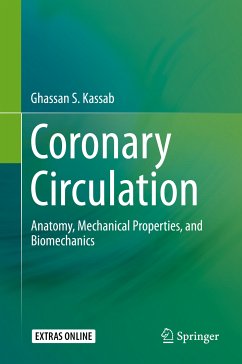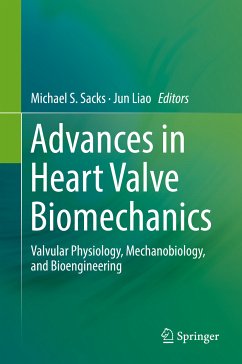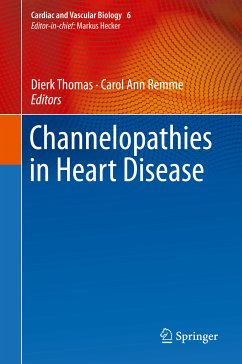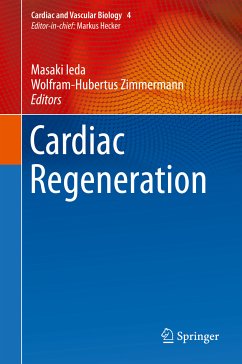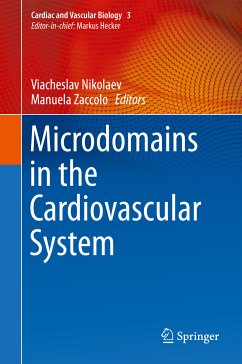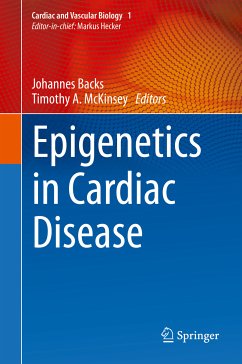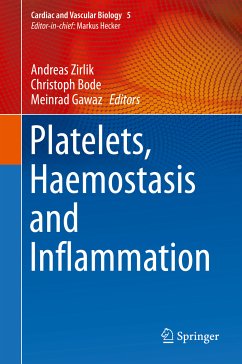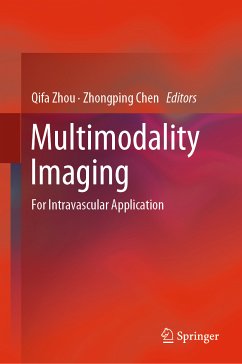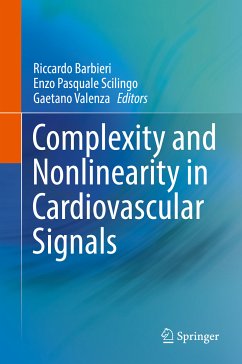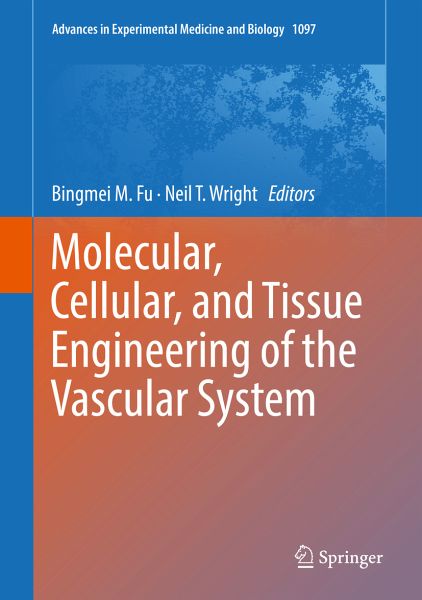
Molecular, Cellular, and Tissue Engineering of the Vascular System (eBook, PDF)

PAYBACK Punkte
44 °P sammeln!
Reviews the latest views in microvascular transport
Covers the state-of-the-art research in transport across the blood-brain barrier as well as new findings related to the endothelial surface glycocalyx as a mechanosensor to blood flow
Presents mathematical models for interactions between circulating cells and endothelial cells forming the microvessel wall
Covers the state-of-the-art research in transport across the blood-brain barrier as well as new findings related to the endothelial surface glycocalyx as a mechanosensor to blood flow
Presents mathematical models for interactions between circulating cells and endothelial cells forming the microvessel wall
Dieser Download kann aus rechtlichen Gründen nur mit Rechnungsadresse in A, B, BG, CY, CZ, D, DK, EW, E, FIN, F, GR, HR, H, IRL, I, LT, L, LR, M, NL, PL, P, R, S, SLO, SK ausgeliefert werden.



